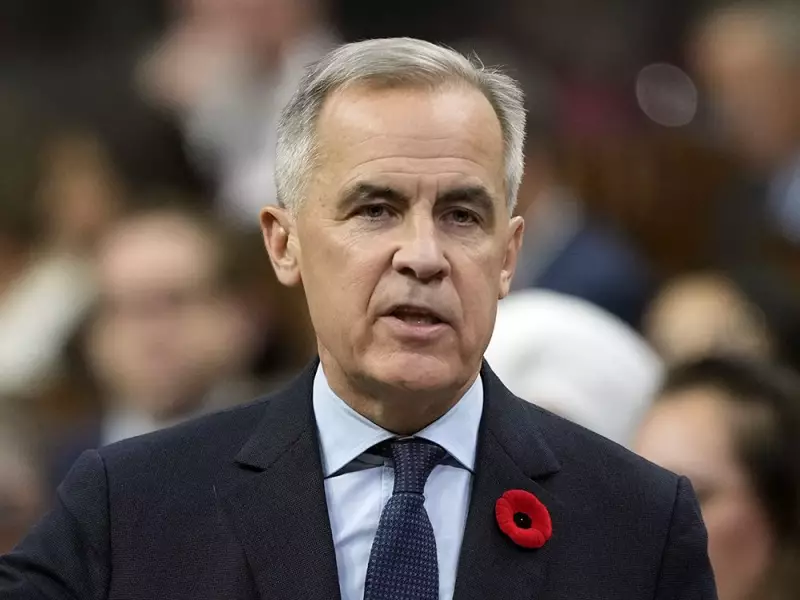
In a revealing assessment of Canada's latest federal budget, Kevin Page—the nation's inaugural parliamentary budget officer—has delivered measured approval of Finance Minister Chrystia Freeland's fiscal plan, while sounding cautionary notes about execution risks and long-term sustainability.
Veteran Fiscal Watchdog Weighs In
Page, who now serves as president of the Institute of Fiscal Studies and Democracy at the University of Ottawa, brings unique credibility to budget analysis. Having previously rescued governments from fiscal crises, his perspective carries significant weight in political and economic circles.
The former budget officer acknowledged positive elements in Freeland's approach, particularly the decision to maintain current spending levels rather than implementing dramatic cuts. "They're not cutting, and that's a good thing," Page noted, emphasizing the importance of stability during uncertain economic times.
Housing Initiatives Receive Qualified Support
Page expressed cautious optimism about the budget's ambitious housing measures, including the Canada Housing Infrastructure Fund and changes to capital gains taxation. However, he highlighted the substantial implementation challenges facing these programs.
"The housing stuff is big," he observed, while questioning whether provincial and municipal governments possess the capacity to effectively deploy the allocated funds. This concern reflects broader questions about intergovernmental coordination on critical national issues.
Fiscal Guardrails Under Scrutiny
The analysis raises important questions about the government's fiscal framework. While the debt-to-GDP ratio is projected to decline, Page noted that this improvement relies heavily on optimistic economic assumptions and revenue projections.
Critical questions remain unanswered regarding how the government would respond if economic growth underperforms expectations or if global conditions deteriorate. This uncertainty leaves the fiscal plan vulnerable to external shocks.
Political Context and Future Challenges
The budget arrives during a period of significant political pressure for the Liberal government, which trails considerably in polls. Page suggested the fiscal plan represents an attempt to "change the narrative" without resorting to austerity measures that could further damage economic prospects.
Looking ahead, the implementation of budget measures will face multiple hurdles:
- Coordination challenges between federal, provincial, and municipal governments
- Capacity constraints within delivery systems
- Economic uncertainty and potential revenue shortfalls
- Political resistance to certain tax changes
Page's analysis ultimately presents a nuanced picture: a budget that makes sensible choices in some areas while leaving important questions unanswered about long-term fiscal sustainability and implementation feasibility.






